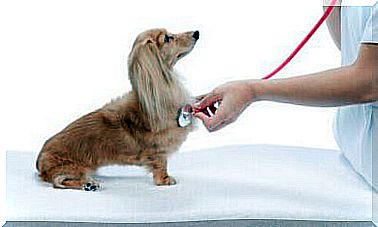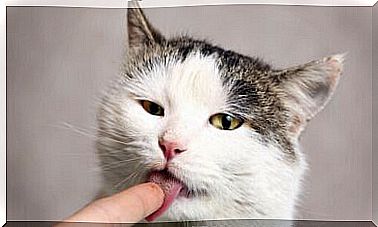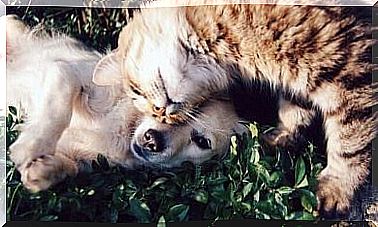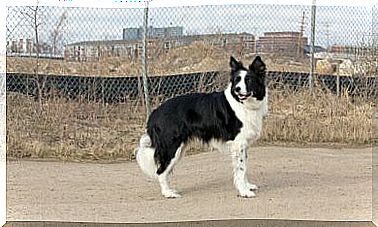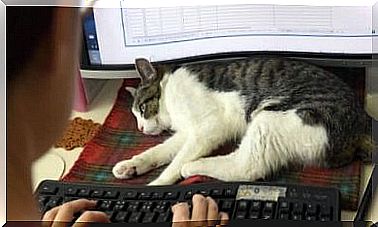Cats, Very Independent Pets
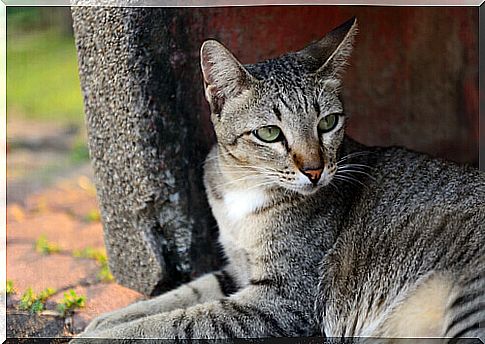
Cat owners cannot deny that they are more than independent. Cats are somewhat lonely and almost self-sufficient (they don’t need us either to eat or to defend themselves). Although they have become less and less wild and accustomed to the comforts of home, they will also bring out their feline side when you least expect it.
Why are cats so independent?
Although they are domestic and somewhat sociable animals, cats continue to behave autonomously in relation to the people they live with. According to a study by the University of Lincoln School of Life Sciences (UK), cats don’t need a human being to feel protected. Same with dogs.
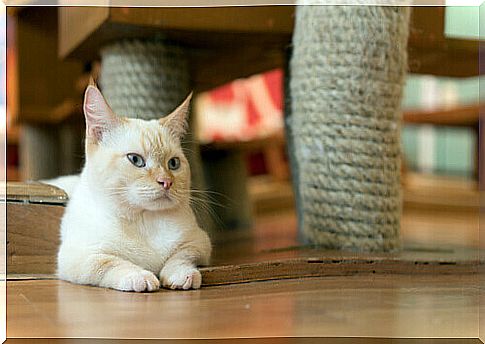
Cats love to interact with their owners. However, they don’t depend 100% on them to stay safe, no matter what environment they belong to. This independent and solitary characteristic is characteristic of the species (tigers or lions, for example, go out alone to hunt).
Lead researcher of the study, Daniel Mills, explains that several questions were evaluated. Among them, the behavior, the signs caused by the absence of the owner and the quantity and quality of contact that the cat sought with its “owner” stand out.
The results indicated that, although they are more vocal and expressive animals with the owner than with a stranger, there was no evidence that they suffered when someone they knew left. There are also no signs that demonstrate the cat’s attachment to the person around him.
Independent and chosen cats
The cat is replacing the dog as a pet “par excellence” in Europe. It is due to the fact that many people spend several hours away from home. By not having to worry about taking it for walks or feeding it twice a day (cats limit the amount of food without problems) young couples or those who live alone indicate that this is the ideal pet.
A very low percentage of cats show signs of anxiety when they are separated from their owners or when the owners leave the house (the opposite of what happens to dogs). The rest are even grateful to have “the whole house for them” for several hours every day.
Feline independence is one of the favors for people looking for a pet. This feature is not always understood by dog fans. They consider cats to be distant, cold, or elusive.
In fact, they are autonomous. They don’t need us as much as the dogs and they can do it all on their own (especially if we give them the ability to leave the house whenever they want). This behavior does not mean a lack of affection or loyalty, because they do not behave that way with their owners either. However, they don’t show it so warmly, not every minute.
Since they do not need to seek refuge or safety in the other, cats live more “quiet” even if their owners are not. They can face all kinds of situations and develop closer social relationships (with very few individuals they trust).
When they find themselves in an unknown place, they don’t trust anyone (not even their owners) because the solitary instinct of a born hunter present in them comes to the fore. So when we take them to the vet, on vacation, or move, he can behave strangely.
Why have a cat – independent – at home?
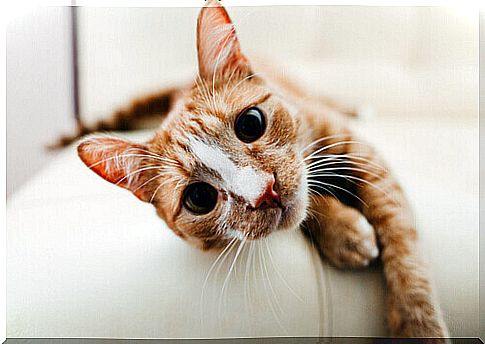
The reasons can be many. Let’s give you some of them to consider when making the decision to adopt a new pet:
- He accompanies you (in his own way) both in the living room and in the bedroom.
- You can have fun seeing how he wants to pick up a ball of yarn or dust spots.
- He tends to behave very well once he has learned the basics (especially how to go to the bathroom).
- It is a very intelligent animal and does not need excessive instructions.
- It doesn’t require much care.
- Fits in a small apartment or a house.
- You shouldn’t have to worry about taking him for a walk.
- It’s very clean and hygienic.
- It is ideal for people who work long hours outside the home.
- It is usually a perfect pet because it doesn’t need much care.

